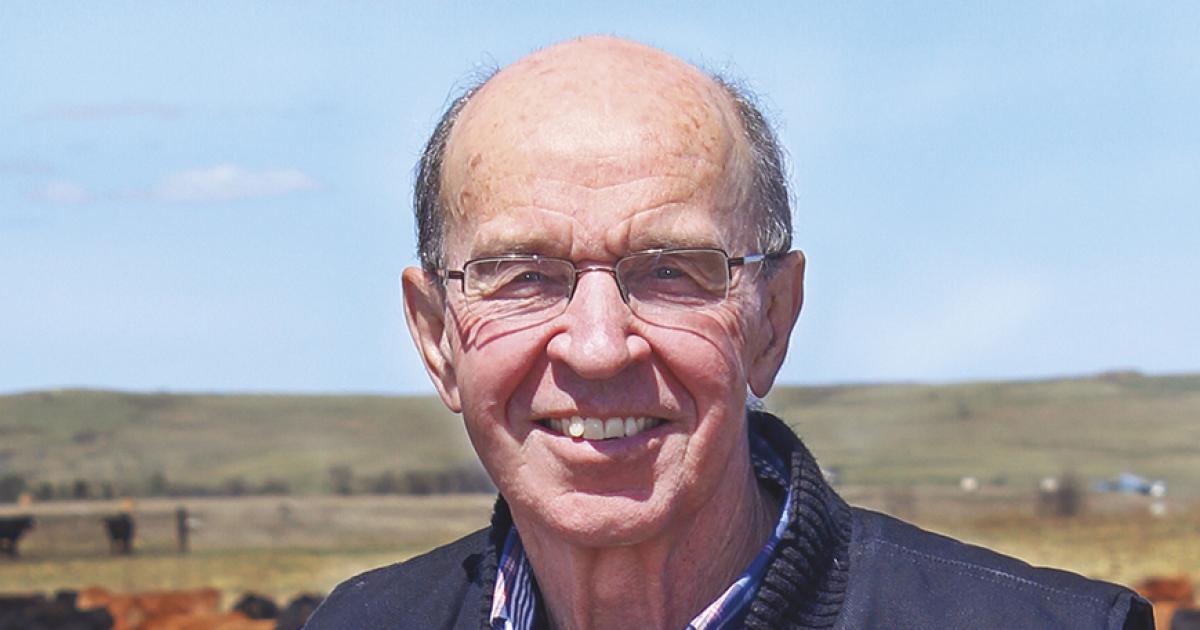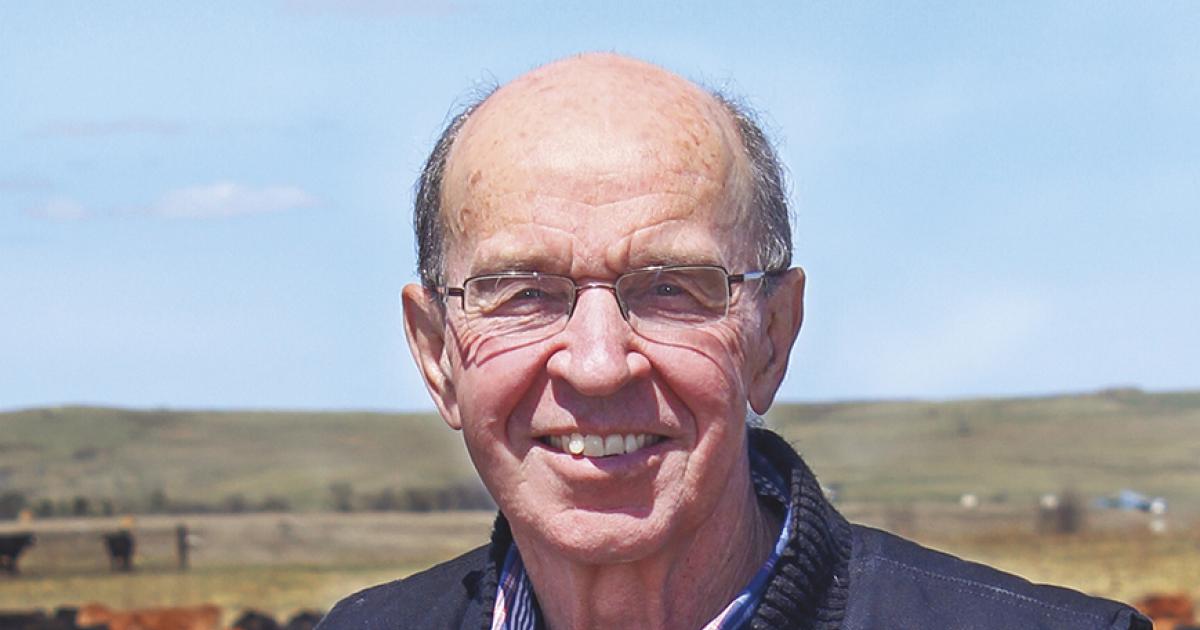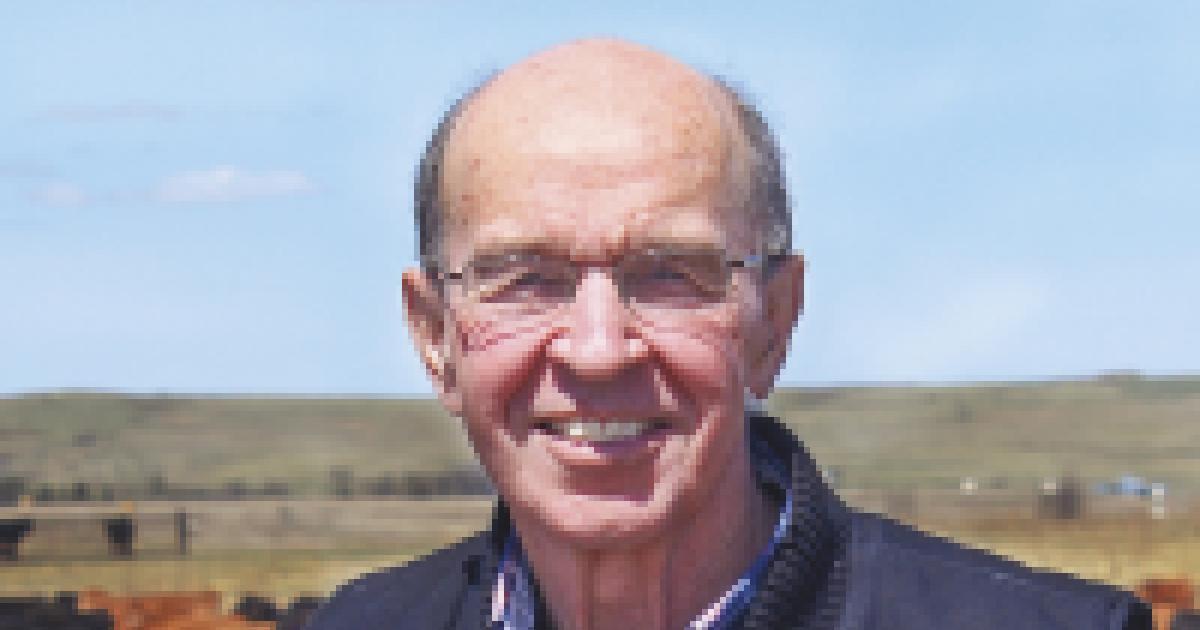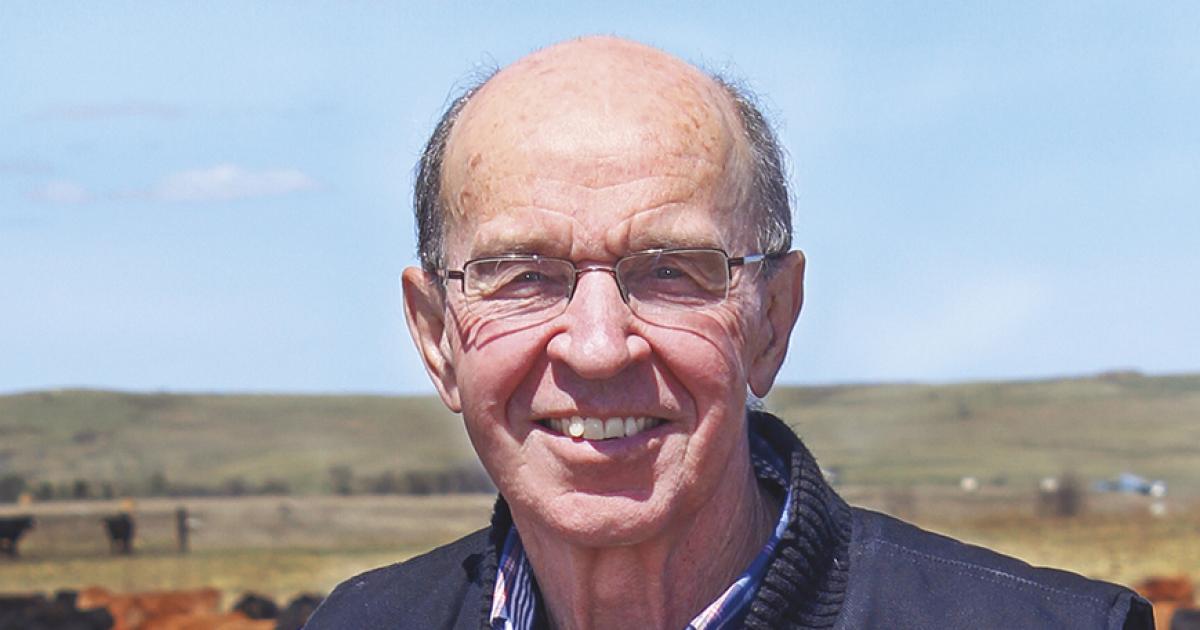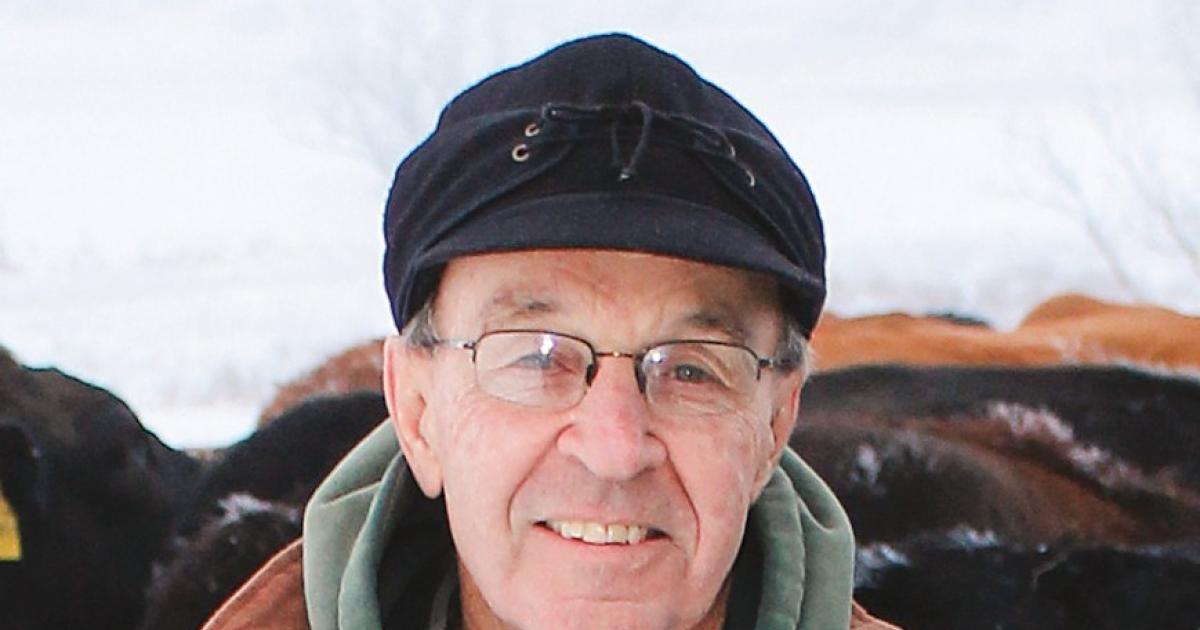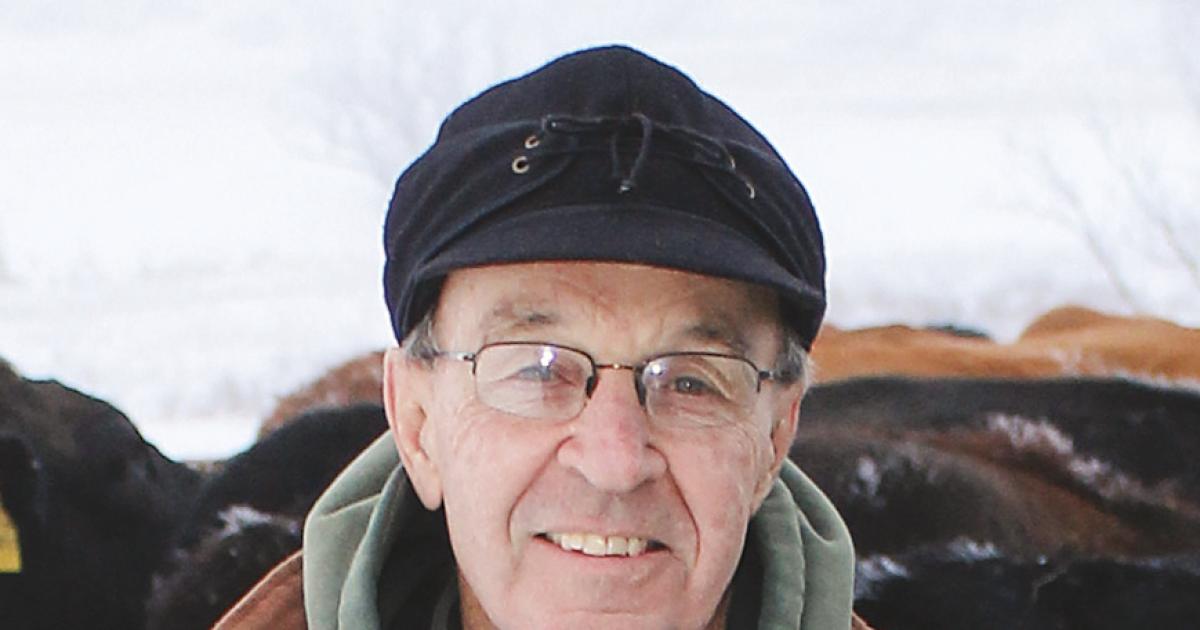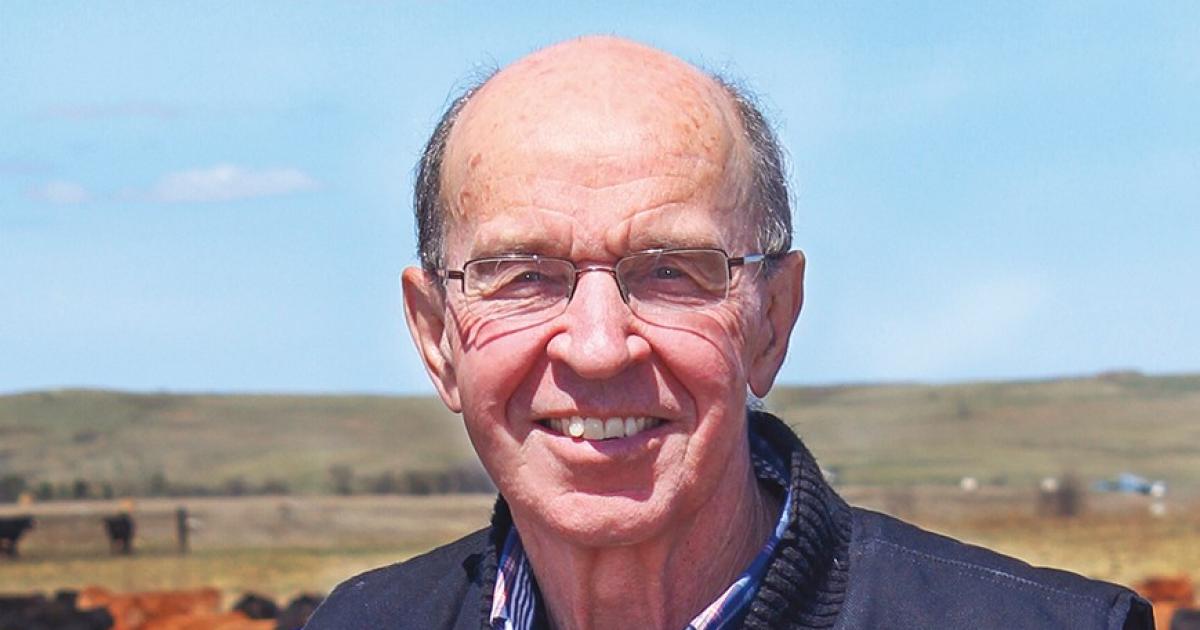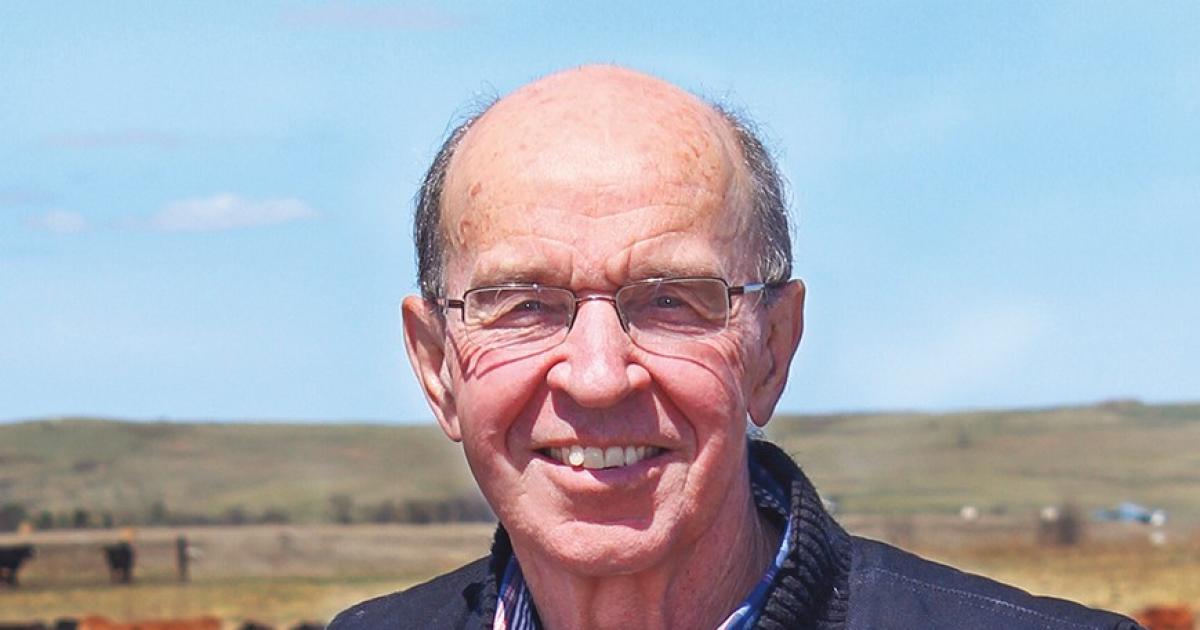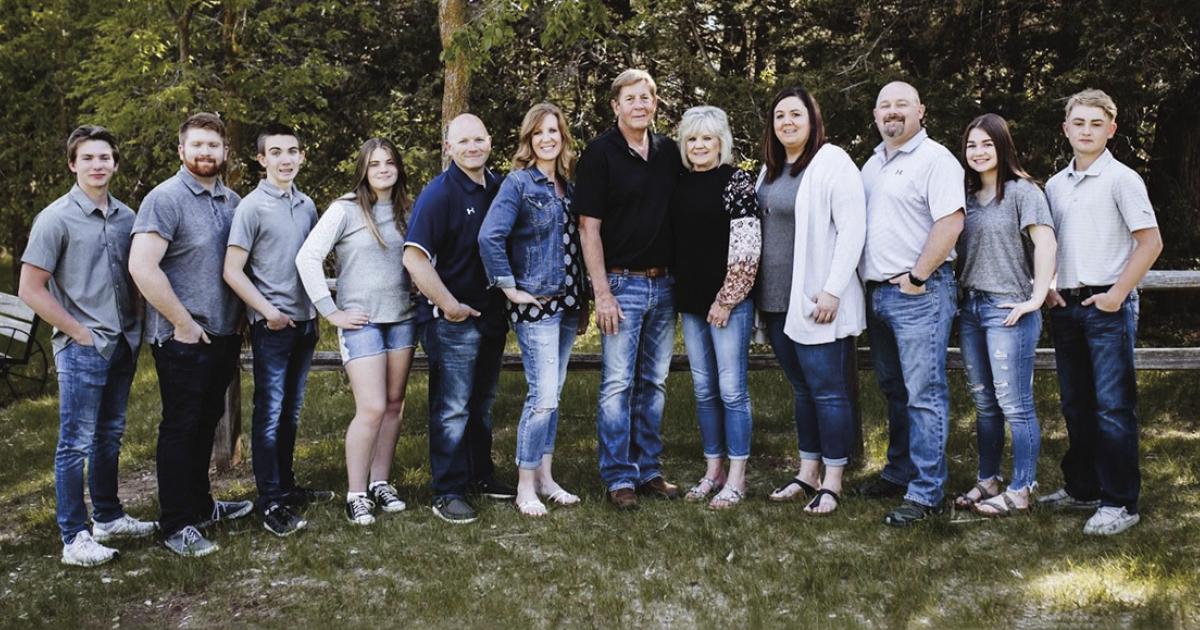This past June, the small community of St. Anthony, south of Mandan, celebrated the 125th anniversary of its church. It left me with plenty to think about. Our family was part of the St. Anthony Catholic Parish as I was growing up, and we have been members since moving back to the farm 30 years ago.
Farm Byline
A news article last month got me thinking about an interesting opportunity I had almost 20 years ago. The article stated food regulators had approved a genetically modified wheat variety for human consumption in Australia and New Zealand. The variety had been genetically modified by Argentinian scientists to withstand drought and the herbicide glufosinate.
As I prepared a rough draft of a “Farm Byline” for the May issue of North Dakota Living, I wrote some observations about the very unusual, perhaps unprecedented, situation farmers faced as they made planting decisions for the coming year. I set that column aside, though, and instead decided to write about the 25th anniversary of the terrible winter of 1996-97, which culminated with an April blizzard that killed over 100,000 cattle, and my experiences covering that blizzard as a TV reporter.
The TV news assignment editor called and asked if I would agree to be interviewed about my recollections of the blizzard of April 1997, as a cattleman and as a reporter. It had been a terrible winter. There had been a succession of blizzards. The April storm, named Hannah, killed more than 100,000 cattle in the state. Most vivid are my memories of the 120 yearlings that died southeast of Napoleon. The yearlings had drifted over a snow-buried fence.
It was such a dramatic contrast and it told a dramatic story. In mid-January, I spoke at the North Dakota Dairy Convention in Bismarck. It was a small crowd – very small, to be honest – a far cry from the dairy conventions of years ago.
Later that day, I talked to my niece, agricultural reporter Sarah Heinrich, who had attended a feedlot school at the Carrington Research Extension Center that same day. She said it was a full house.
On a cold day in late December 1978, photographer Donna VanHorn and I drove to Aberdeen, S.D., to do a report on foreign ownership of U.S. farmland. The economic boom in agriculture in the 1970s caused a dramatic rise in land values. The average price of farmland in North Dakota topped $100 an acre in 1972, then tripled in the next five years. There was concern that foreign investors might be taking advantage of the run-up in land prices, if not being at least partially responsible.
You may have noticed all the semitrucks hauling hay last fall and this winter. That’s not surprising, given the 2021 drought. In the hardest-hit areas, cattlemen put up little, if any, hay and were forced to sell cows, buy hay, put up hay somewhere else or a combination of all three. You see trucks hauling hay every year, and obviously more in dry years. What was different this time was what those semis were carrying.
I was anxious to see the county-by-county figures from the 2020 North Dakota census. I remembered when the 2010 census figures were published, the media coverage of the report focused on the growth in Bismarck, Fargo and the oil-producing counties.
Little attention was paid to the fact that only 11 counties showed population growth from 2000 to 2010. Forty-two counties lost population. Twenty-three North Dakota counties had lost at least 10% of their population. Two counties, Towner and Sheridan, had lost more than 20% – almost a fourth of the people gone, in 10 years!
It was more than 50 years ago, at one of the first conventions of the National Association of Farm Broadcasters I attended. The broadcaster who gave the invocation at the banquet said, “Thank you, God, for letting us work with the greatest people on earth. And thank you for the opportunity to help them help you feed a hungry world.” His prayer was a reminder to us farm broadcasters that we had an educational role to play in the landlord-tenant relationship that exists between farmers, ranchers and The Almighty.
The headline read “Banner Year for U.S. Beef Exports in 2021.” It was a reminder of how important the export market is for many U.S. agricultural commodities. The domestic market is critically important, too, whether the commodity is raised for food, feed, fuel or fiber. One part of the feed demand that we don’t often think about is pet food.
Pet food is a $40 billion industry in this country. And the pet food market is an important one for many agricultural commodities, including barley.


